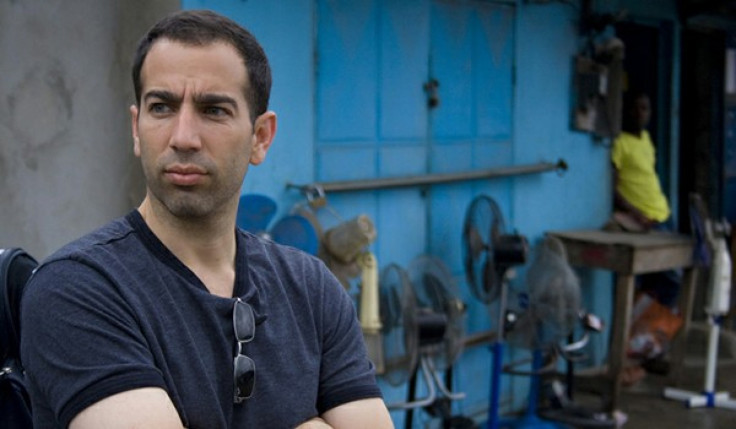Director Ami Horowitz On His Revealing United Nations Documentary

This Friday marks the debut of the controversial documentary U.N. ME. The film investigates the hidden practices of the United Nations and argues that the 60-year-old organization isn't living up to its principles.
Founded to preserve human rights and alley international discords, the U.N. has been a symbol of hope and amity. Yet the U.N. has also been the subject of controversy. For instance, the Oil For Food Program, which was launched by the organization, was dissolved in 2003 amidst allegations of corruption. As U.N. ME. illustrates, the perpetrators who turned the OFF into a major scam were never brought to justice by the U.N.
For directors Ami Horowitz and Matthew Groff, the film was a chance to platform the organization's faulty methods of conduct. The International Business Times had the chance to ask Horowitz about his inspiration and how he hopes his film will change the world.
What compelled you to make a film about the practices of the U.N.?
I had an epiphany. I was watching the Michael Moore film Bowling for Columbine and I started to drift off and I began to think about Rwanda and Sudan and the shame that we as a global community have to face because such atrocities exit in our modern times. I also I began to think about the U.N. and the fact that it is their responsibility to stop these crimes against humanity and how they seem to have abdicated that responsibility. I also had the feeling of being very small and insignificant in the face of such large issues. I then looked over at the screen and realized that the medium that Moore had created is what I wanted to emulate and was the most effective way for my voice to be heard.
Were there high ranking officials who tried to stop the film from being made?
There were players that felt that what I was pursuing was clearly damaging to their interests. Who they are and what they represent is open only to speculation. About 6 months ago I came out of my upper west side apartment in Manhattan as a dapper man stood before me. He asked if I was Ami Horowitz and when I acknowledged that I was, he then very casually asked me if the movie was more important than my family. With that, he hopped into a waiting cab and off he went.
Your filmmaking style seems to mirror that of Michael Moore. Who are some doc filmmakers that inspired you for this film?
Clearly Michael Moore was one of my inspirations. Incidentally he and I have become friends. I understood that for this movie to be successful it was paramount that I imbue this movie with large amounts of entertainment value. Entertainment and comedy were as important to this endeavor as the story itself. That is why I hired writers form the Onion, veterans of Moore's movies as well as other seasoned comedy writers.
What changes do you hope the film brings about?
Complete and absolute global harmony.
What were some reservations that you had before filming began? Surely you were apprehensive about taking on such a controversial standpoint.
I knew that I was rattling a very dangerous cage. Honestly, I got a thrill out of that. I knew that there were people, like the gentleman outside of my apartment who would go to great lengths to discourage me from pursuing this story. I simply had to say SCREW THEM!
© Copyright IBTimes 2024. All rights reserved.











